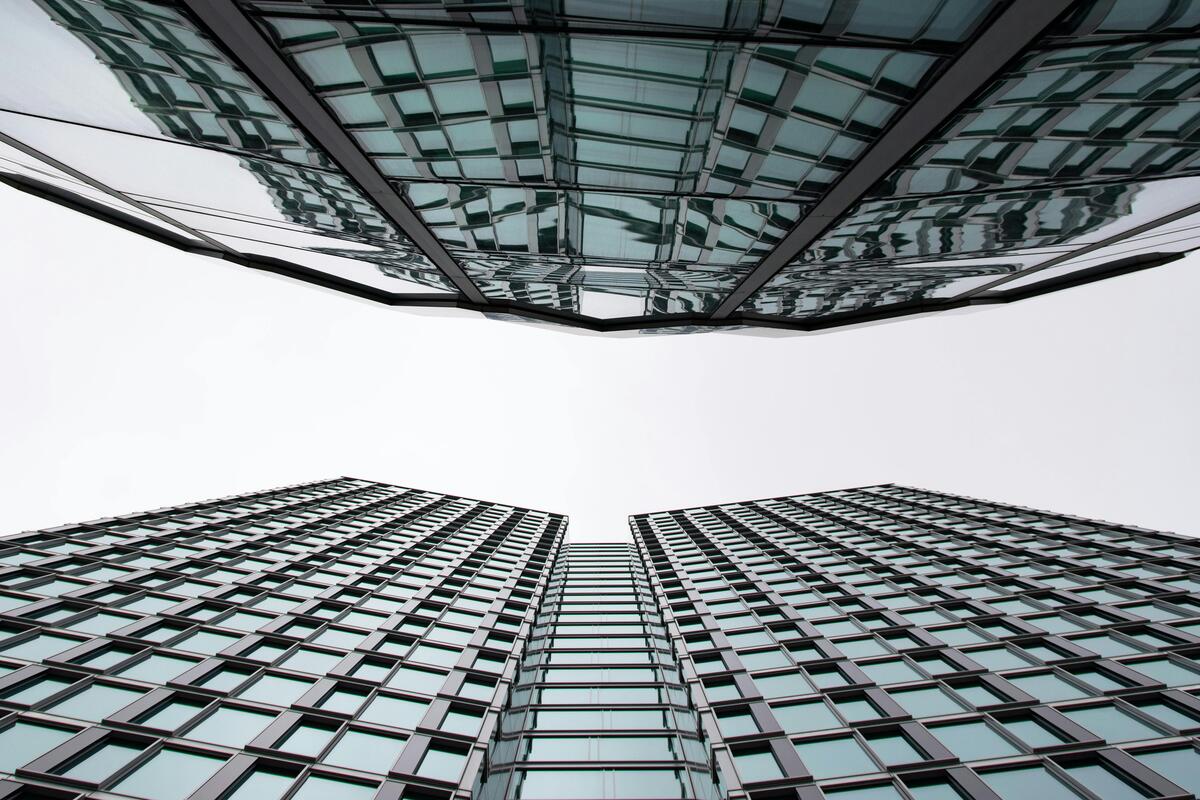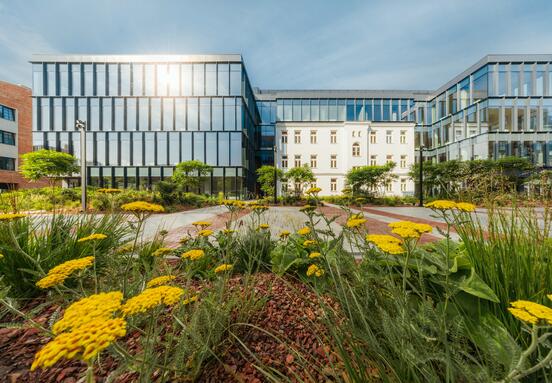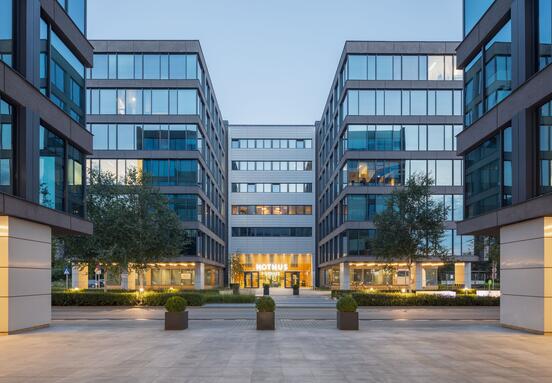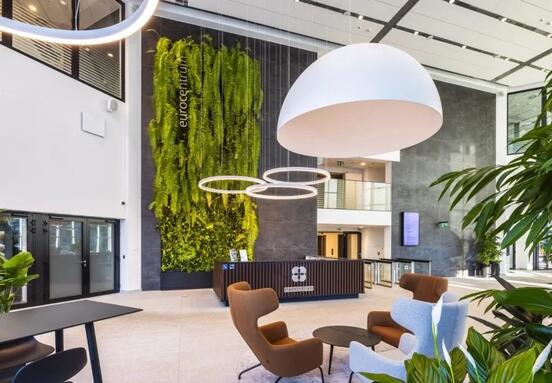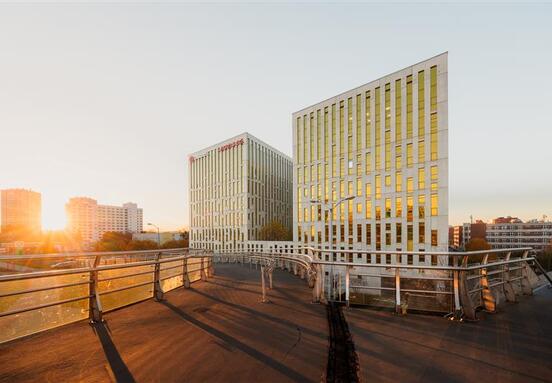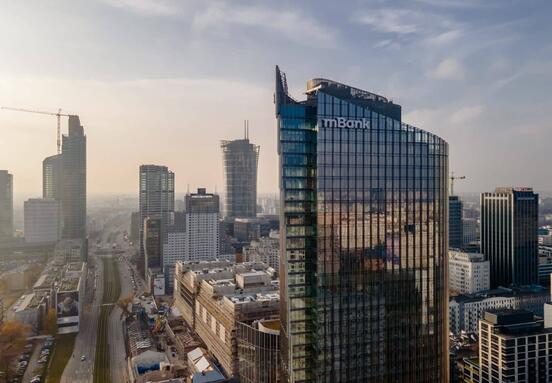Navigating Poland's Evolving Commercial Real Estate Landscape
Poland's commercial real estate market has undergone a remarkable transformation over the past three decades. From a nascent sector, it has matured into a robust landscape, offering diverse opportunities for businesses seeking office and warehouse solutions. What was once a scarcity of modern office buildings and advanced logistics facilities, as noted by Tomasz Trzósło, President of EPP, has blossomed into a sophisticated market.
Following the global financial crisis, Poland experienced significant growth, particularly in the office and warehouse sectors. Major cities like Warsaw, along with key regional hubs, saw an explosion of modern office developments, while the demand for advanced warehousing and logistics spaces surged across the country. This expansion has created a wide array of options for companies looking to establish or expand their operations.
Current Dynamics and What They Mean for Your Business
However, the market is not without its new challenges. A shift in demand has led to the conversion of some office buildings into residential units and the closure of less profitable shopping centers. Furthermore, a current slowdown in interest from foreign investors highlights a growing emphasis on local capital for new developments and modernizations. For businesses, this means potentially diverse ownership structures and a focus on localized market conditions, offering unique negotiation opportunities.
Future-Proofing Your Business: Key Trends to Watch
Looking ahead, several key trends will shape Poland's commercial real estate landscape, offering exciting prospects for tenants. Sustainable development is paramount, with a strong focus on green building certifications and energy-efficient properties. Businesses prioritizing ESG (Environmental, Social, and Governance) factors will find an increasing number of spaces designed to meet these criteria. Additionally, modernization and the adaptive reuse of existing buildings are becoming central, allowing older structures to be transformed into cutting-edge, flexible workspaces that cater to modern business needs.
Another significant trend is the creation of multifunctional urban spaces. This involves developing properties that seamlessly integrate office, retail, residential, and leisure components, fostering dynamic environments where employees can work, live, and socialize efficiently. Businesses can benefit from these vibrant ecosystems, attracting talent and enhancing employee well-being through convenient access to amenities and services. These evolving market dynamics will be key topics at upcoming industry events like the XV Property Forum in Warsaw, signaling a forward-looking approach to property development and investment.
Source: propertynews.pl
